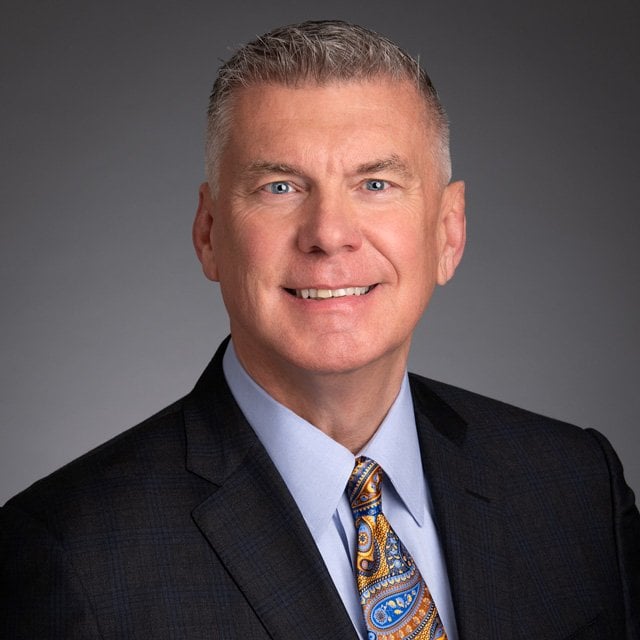'Everything Is on the Table' in CFP Competency Standards Review

What You Need to Know
The CFP Board of Standards is kicking off a top-to-bottom review of its competency standards in 2023.
While the process is expected to take several years to complete, it could deliver some big changes.
Other 2023 priorities for the organization include the launch of a new 501(c)(6) nonprofit that will more directly promote the planning profession.
Dan Moisand, the 2023 chair of the Certified Financial Planner Board of Standards, said Tuesday that “everything is on the table” in the organization’s soon-to-commence review of its competency requirements for education, examination, experience and continuing education.
This includes the much-debated requirement that CFP mark holders must have attained at least a bachelor’s degree, Moisand said during a conference call with reporters. As Moisand pointed out, some stakeholders have suggested this requirement has exacerbated the lack of adequate representation of Black and Latino Americans in the CFP profession, and this contention will be considered in the forthcoming review.
“We are going to be looking at all aspects of our competency requirements, full stop,” Moisand said. “While I can’t say what the result of this effort will be, everything is on the table, and that includes the degree requirement.”
CFP Board CEO Kevin Keller echoed that sentiment during the call, emphasizing that the organization has no intention to weaken or dilute its standards. Rather, the organization must ensure its standards keep up with the times and allow the development of a rich professional community that reflects the diverse and dynamic fabric of the U.S.
According to Moisand and Keller, the review process is likely to require several years of work, and it will eventually culminate in a proposal and public feedback process in which they encouraged all manner of stakeholders to get involved.
Many More (and More Diverse) CFPs Needed
As Keller and Moisand pointed out, the public’s need for professional financial planning and conflict-free advice has never been greater, but the profession is not regenerating itself fast enough to meet increased demand, and it does not sufficiently reflect the changing demographics of U.S. consumers.
“We are on the verge of seeing tens of thousands of trusted and competent financial planners enter retirement, just when their services are in the greatest demand,” Moisand said. “This is a problem that we have an obligation to tackle head on in the years ahead.”
According to Keller and Moisand, the CFP Board’s recently announced decision to launch a new, separate nonprofit organization to promote careers in financial planning is a critical step in this effort. The pair said their organization’s longstanding 501(c)(3) status has limited its ability to speak specifically about the “incredible benefits” CFP professionals deliver to their clients.






